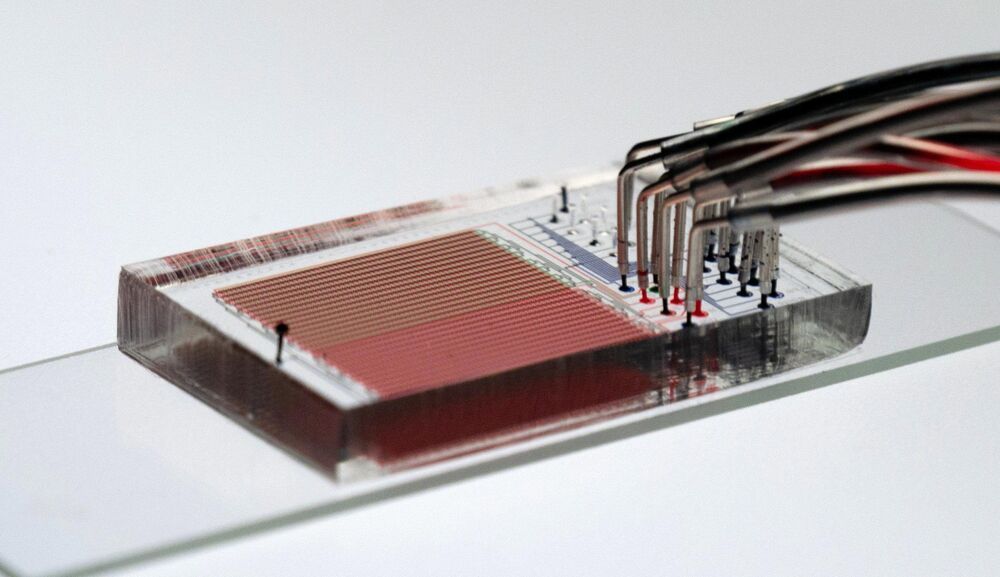A new tool that enables thousands of tiny experiments to run simultaneously on a single polymer chip will let scientists study enzymes faster and more comprehensively than ever before.
For much of human history, animals and plants were perceived to follow a different set of rules than rest of the universe. In the 18th and 19th centuries, this culminated in a belief that living organisms were infused by a non-physical energy or “life force” that allowed them to perform remarkable transformations that couldn’t be explained by conventional chemistry or physics alone.
Scientists now understand that these transformations are powered by enzymes – protein molecules comprised of chains of amino acids that act to speed up, or catalyze, the conversion of one kind of molecule (substrates) into another (products). In so doing, they enable reactions such as digestion and fermentation – and all of the chemical events that happen in every one of our cells – that, left alone, would happen extraordinarily slowly.
